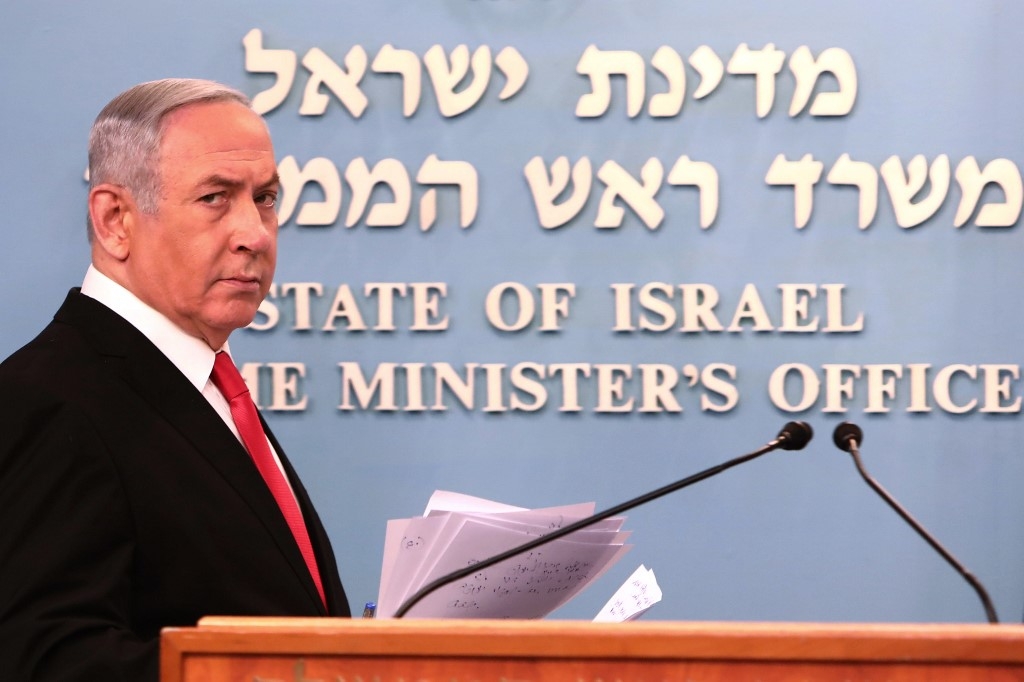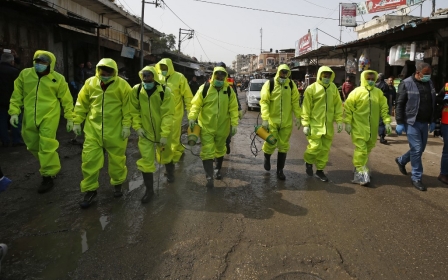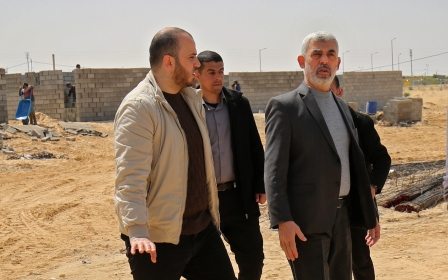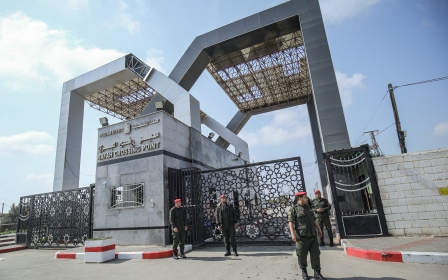Israel prepared to negotiate prisoner swap with Hamas

Israel is ready to negotiate a deal with the Hamas movement to obtain the return of slain and captive Israelis in the besieged Gaza Strip in exchange for Palestinians prisoners, the prime minister's office said on Tuesday.
The negotiations would be carried out through intermediaries, the office of Benjamin Netanyahu said in a statement.
“The coordinator for captives and missing people, Yaron Bloom, and his staff, together with the National Security Council and the defence establishment are prepared to act constructively with a goal to return the bodies and missing people and end this matter, and call for an immediate discussion through intermediaries,” Israeli news outlet the Jerusalem Post quoted the statement as saying.
On 1 April, Israeli Defence Minister Naftali Bennett linked any assistance Tel Aviv might offer Palestinians in Gaza in their fight against the coronavirus with the return of two soldiers who went missing during the 2014 war in the enclave.
Hamas leader Yahya Sinwar, meanwhile, had said on Thursday that “there is a possibility for an initiative to move forward with the (prisoner swap) file".
Israeli state news outlet KAN quoted senior Hamas officials on Monday as saying that Israel had thus far ignored a proposal by Sinwar to discuss a deal in which the Israelis would be returned in exchange for the release of some female, elderly or sick Palestinian prisoners.
The bodies of Israeli soldiers Oron Shaul and Hadar Goldin have been held in Gaza since the 2014 war. Two Israeli civilians, Avera Mengistu and Hisham al-Sayed, wandered into Gaza in 2014 and 2015, and are believed to be held captive by Hamas, the de facto ruling party in the blockaded territory.
Meanwhile, according to rights group Addameer, some 5,000 Palestinians are detained by Israel amid growing fears that the novel coronavirus could proliferate rapidly inside prisons.
Gaza's healthcare system is near collapse after several wars and 13 years of siege, which have stymied any potential for long-term economic development.
The territory's health ministry has repeatedly warned that it is ill-equipped to combat the spread of the disease owing to acute shortages of medicines, laboratory supplies and other equipment used to carry out coronavirus examinations.
Middle East Eye delivers independent and unrivalled coverage and analysis of the Middle East, North Africa and beyond. To learn more about republishing this content and the associated fees, please fill out this form. More about MEE can be found here.




